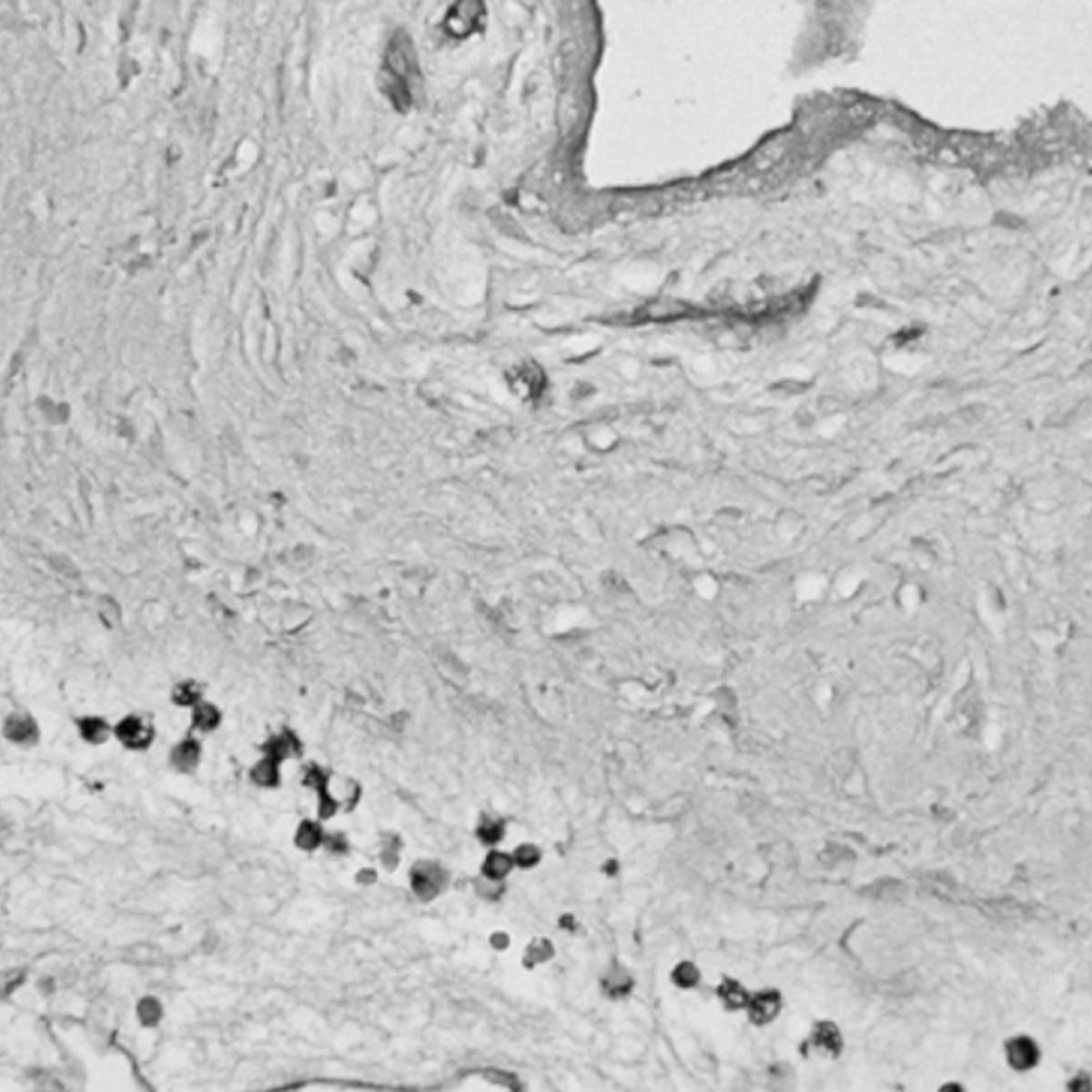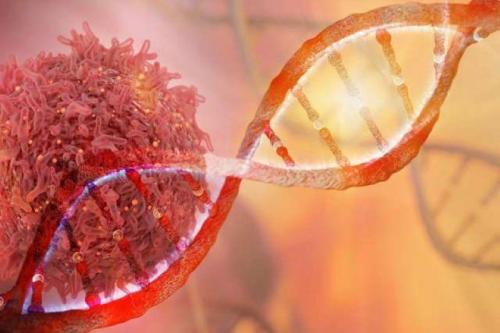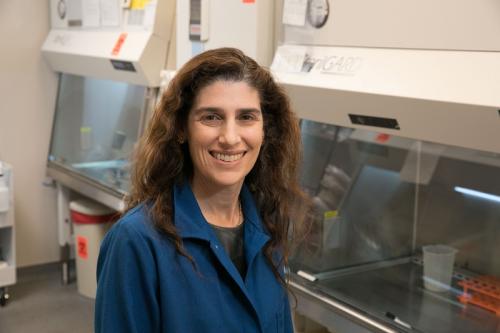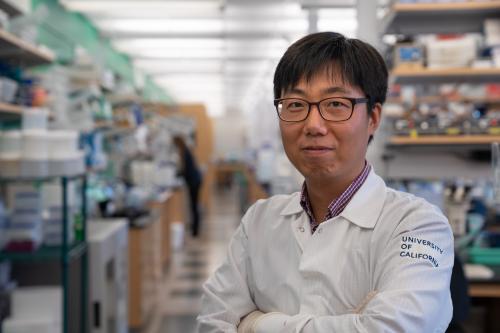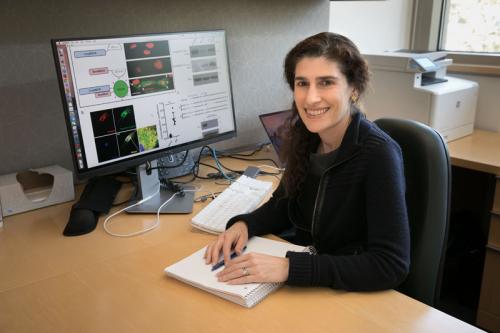
Hilary Coller, Ph.D.
- Professor, Molecular, Cell and Developmental Biology
- Professor, Biological Chemistry
- Director, Molecular Biology Institute
- Chair, Molecular Biology Interdepartmental Program

Hilary A. Coller, Ph.D., studies the genetic and molecular basis of quiescence, a temporary state during which cells do not proliferate or divide to produce more cells. Her efforts could advance treatments for diseases associated with excess cell proliferation, such as cancer, or a lack of cell proliferation, such as chronic wounds.
Quiescence is a common state for many somatic cells including stem cells, and the failure to appropriately regulate the transition between quiescence and proliferation underlies several common and lethal disorders including cancer. Coller’s research suggests that quiescence, commonly thought of as an inactive or sleepy state, is an active and highly regulated process. Further, she has shown that as cells transition between proliferation and quiescence, they undergo changes in the expression of genes, metabolites and microRNAs.
Coller leverages sophisticated technologies and computational approaches to understand the cellular networks that underlie quiescence. She applies next-generation sequencing, as well as mass spectrometry proteomics and metabolomics, to generate high-quality datasets defining the characteristics of proliferating and quiescent cells. Coller has also developed specific computational and algorithmic approaches for analyzing and interpreting these datasets.
Her research into the transition between quiescence and proliferation could have major implications for healing chronic wounds and developing methods to regenerate damaged or diseased tissues and organs. Coller aims to discover the molecular signals, such as proteins, that trigger quiescent cells to spring to action, informing the development of therapies to regenerate damaged or diseased tissue.
Coller was among a team of UCLA researchers who discovered a new protein factor that contributes to a fibroblast cell’s ability to migrate to a wound and participate in its healing process. This discovery could open new avenues for treatments that prevent cancer cells from using the same mechanisms to spread throughout the body. She also collaborated in developing an artificial intelligence model that can predict survival outcomes for patients across multiple cancer types.
Research Projects
- Investigating chromatin and epigenetic changes associated with the transition between proliferation and quiescence A state in which a cell is not actively dividing but has retained the ability to resume proliferating in response to certain stimuli including injury and changes in its environment. quiescence A state in which a cell is not actively dividing but has retained the ability to resume proliferating in response to certain stimuli including injury and changes in its environment.
- Investigating the role of autophagy A natural biological process that involves the breakdown and recycling of unnecessary or dysfunctional cell components. autophagy A natural biological process that involves the breakdown and recycling of unnecessary or dysfunctional cell components. in wound healing and in the tumor microenvironment
- Studying the autophagy pathway in proliferating and quiescent cells
- Identifying the genetic and epigenetic factors that determine how tumors of the same site grow and respond to treatment differently
-
Post-doctoral Fellowships
- Cell Cycle Control, Fred Hutchinson Cancer Research Center, 2005
- Functional Genomics, Whitehead Institute, 1998
Degree
- Ph.D., Toxicology, Massachusetts Institute of Technology, 1998
-
